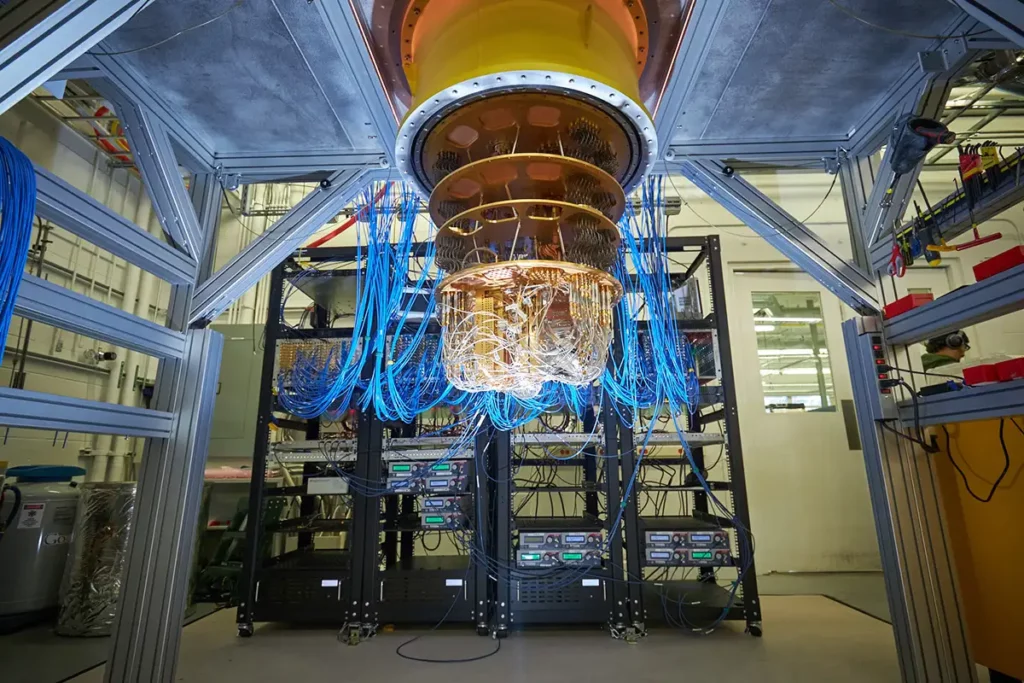Introduction
As computer technology advances rapidly, quantum computers have emerged as a significant area of interest in recent years. Unlike traditional classical computers, quantum computers offer an innovative approach based on the principles of quantum mechanics. In this article, we will explore what quantum computers are, how they work, and their potential application areas. Before starting, I recommend you to read our article written with virtual machines.
Basics of Quantum Computers
Quantum computers utilize fundamental units called “quantum bits” or “qubits” that rely on the principles of quantum mechanics. Similar to the binary system of classical computers, qubits can take on the values of 0 and 1. However, qubits possess the unique ability to exist in a superposition state, simultaneously representing both 0 and 1. This phenomenon is made possible by quantum superposition.
Quantum Parallelism and Quantum Entanglement
One of the most significant features of quantum computers is quantum parallelism. While classical computers perform one step of a computation at a time, quantum computers can evaluate multiple possible steps simultaneously. This implies that quantum computers can provide an incredible speed boost in solving certain computational problems.
Quantum entanglement is another crucial property. Through entanglement created between qubits, an operation performed on one qubit can instantaneously affect the other qubits. This means that quantum computers have the potential to solve complex computational problems at a much faster rate.

Potential Application Areas
Quantum computers hold tremendous potential in various fields. In the realm of cryptography, quantum computers may possess the ability to break existing encryption algorithms. Consequently, efforts are underway to develop more secure cryptographic methods using quantum computers.
Modeling and solving complex problems in material science and drug discovery are also potential application areas for quantum computers. Quantum computers can be utilized to better understand interactions at the atomic and molecular levels, accelerating the processes of designing and optimizing new materials.
Example Companies that do Quantum Studies
- IBM Quantum: IBM is a leading company in the field of quantum computers. IBM Quantum offers the Quantum Experience, an online platform that allows users to experience quantum computers. They are actively involved in the development and research of quantum computers.
- Google Quantum AI: Google is a major player in the field of quantum computers. Google Quantum AI is a research team focused on quantum computation and algorithms. They have conducted experiments like Quantum Supremacy, demonstrating that a quantum computer can outperform classical computers.
- Microsoft Quantum: Microsoft Quantum is a company engaged in various research and development efforts in the field of quantum computers. Microsoft has developed a quantum programming language called Q# and focuses on the development of quantum algorithms and applications.
Conclusion
Quantum computers offer a paradigm shift from traditional classical computers, promising increased computational power. While still in the early stages of development, quantum computers have a wide range of potential application areas. Further research and development in the field of quantum computers could be a revolutionary step towards solving more complex problems in the future.

